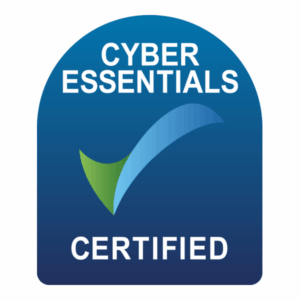Best practices for confidentiality and security when emailing
There are a lot more people using email in the world today than in previous years and thus it is considered a very good tool that can be used for easier contact and good communications. We must still remember however that, as well as being a ‘friend’, it can also pose a ‘danger’ through hasty or incorrect use.
Here are TEN tips to prevent accidental misuse or breach of any confidentiality or security:
1.
If you forward on an email to others that you have received, get permission from the initial sender unless the email indicates that you may send it on – the information might only have been sent ‘for your eyes’.
2.
If you send an email to lots of recipients, put your own email address in the ‘to’ box and put all the other recipients email addresses in the ‘bcc’ box (blind carbon copy). This prevents all the readers being able to see all the other recipients email addresses. They may not want their email addresses disclosing to all and sundry.
3.
When sending a private email to someone, remember that they might not be the person who first sees it. It could be opened by another member of the intended recipients’ family or even a work colleague.
4.
Never write an email in haste or anger: once you have sent it you cannot reclaim it, and the recipient will definitely see it whether you like it or not. Never write anything that you would not be prepared to say verbally.
5.
If you send an email which requires you to know whether the recipient has received it or not, ask them to acknowledge receipt by way of a return email. Don’t just assume that they have got it, they sometimes do go astray!
6.
If you write an email, whether for general distribution or just to one person, the content can be used in a ‘libel’ action if libellous (defamatory). In the eyes of the law it has been published, whether or not anyone in the public reads it.
7.
Never open an attachment or click on a ‘link’ on any email you receive if you have any doubts as to the authenticity of the sender. ‘Phishing’ and ‘Viral attacks’ are on the increase. Bogus ‘parcel deliveries’ are one of the most common avenues of infection. It is tempting to click the link to see the supposed ‘missing delivery’. If in doubt ring the delivery company./p>
8.
Your Bank will never ask you for your user name, password or PIN in an email for any reason. If you need to give anything like this information to anyone, do it by telephone or, better still face to face at a Branch.
9.
Don’t forward on emails which say “send to everyone in your address book, this isOften ‘hoaxers’ will hide virus’ in emails such as this, preying on our NOT a hoax.” inexperience and fear of being ‘highjacked’.
10
And finally, just because emails arrive instantaneously, don’t forget that many people won’t access them in an instant!
Thanks to Harrogate and Nidderdale Scouts for this infomation. Jan 2011 – Although you might think this knowledge ‘old’ and ‘just for Scouts’ it has more relevance today then ever before. With new laws in place, businesses not following some of these rules could find themselves fined by the government or even put in jail!
If you would like to know more about Email Security and Confidentiality please get in touch with the Andisa Support Desk on 01423 290029





